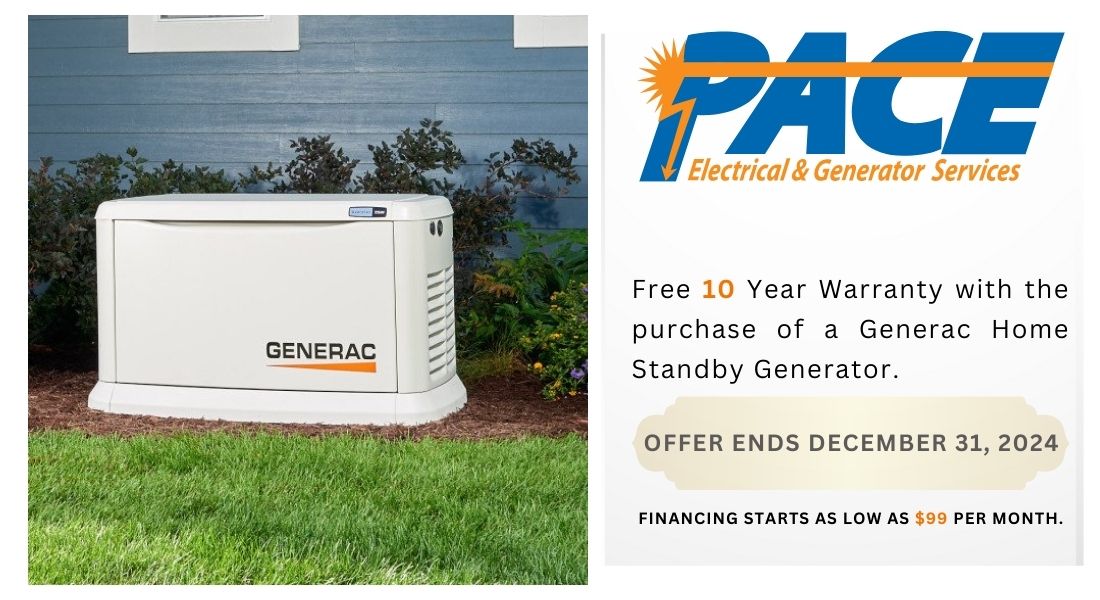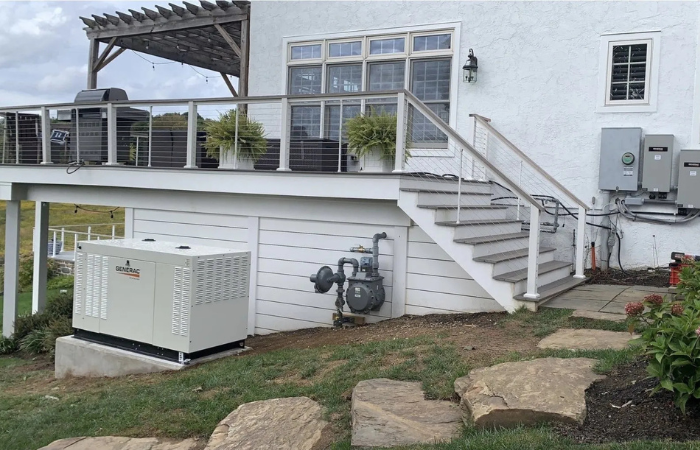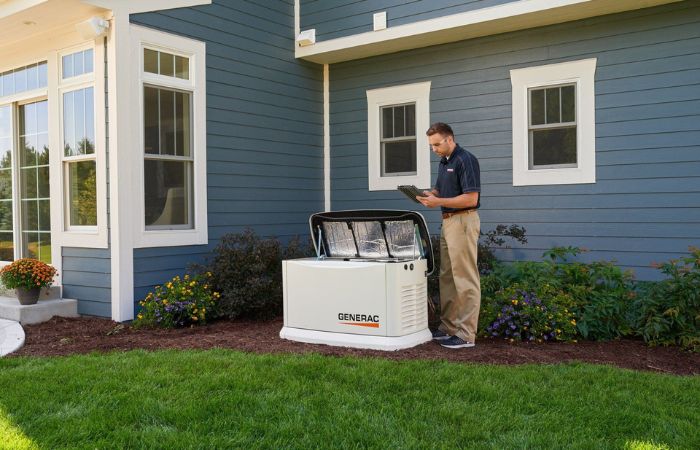Generators are essential for providing backup power, ensuring that homes and businesses remain operational during outages. However, without proper maintenance, generators can become unreliable, leading to costly repairs and unexpected failures. Creating a generator maintenance plan is the key to maximizing efficiency, extending lifespan, and ensuring smooth performance. This guide outlines the critical steps to developing a structured and effective maintenance plan.
Understand Manufacturer Guidelines
Each generator comes with a manufacturer’s handbook that includes detailed maintenance recommendations. These standards include critical chores including oil changes, filter replacements, and inspection dates. Following these advice helps to keep the generator running efficiently while keeping warranty coverage. It is critical to have the handbook close to hand and follow the maintenance intervals specified in it.
Establish a Routine Maintenance Schedule
A structured schedule for maintenance does not allow unwanted failures and offers consistent performance. Daily, weekly, monthly, and yearly routines should be made for inspection on oil levels and coolant and fuel filters. After that, perform a load running of the generator and replace its worn-out component. Sticking to a maintenance timeline minimizes the risk of operational issues and extends the generator’s service life.
Keep the Generator Clean and Free from Debris
Dirt and debris can collect on the generator over time, causing overheating and decreased performance. Regular cleaning of the generator’s exterior, vents, and surrounding regions helps to prevent airflow disruptions. If the generator is situated outdoors, providing proper shelter from adverse weather conditions aids in maintaining good operation.
Monitor Fuel Quality and Storage
The quality of fuel directly impacts the generator’s efficiency. Contaminated or stale fuel can cause clogs in the system, leading to poor performance or even complete failure. Regular fuel testing, proper storage, and the use of stabilizers help maintain fuel quality. For generators running on natural gas or propane, checking fuel lines for leaks is equally important to ensure uninterrupted operation.
Inspect and Maintain the Battery System
A weak or faulty battery is one of the most common reasons for generator failure. Routine battery inspections help identify signs of corrosion, loose connections, or declining voltage. Keeping the battery fully charged and replacing it at recommended intervals ensures the generator starts reliably during power outages.
Test the Generator under Load Conditions
Running a generator without a proper load test can not reveal potential performance issues. To evaluate the generator’s capacity to meet power needs, load testing entails running it at maximum capacity. By identifying flaws like erratic voltage or high fuel usage, this test enables remedial action to be conducted prior to a real problem.
Maintain a Record of All Maintenance Activities
Monitoring inspections, repairs, and replacements requires a thorough maintenance diary. Finding reoccurring issues is facilitated by keeping a record of the date of service, the tasks completed, and any difficulties encountered. Accountability is guaranteed by a well-kept record, which also offers insightful information for warranty claims and troubleshooting.
Address Warning Signs Promptly
Generators often give warning signs before breaking down completely. Unusual noises, excessive smoke, power fluctuations, or warning indicators on the control panel should never be ignored. Addressing small faults early avoids them from becoming costly repairs and maintains continuous functioning during power outages.
Work with Professional Technicians
While certain maintenance activities can be completed in-house, more complicated repairs and inspections should be performed by qualified professionals. Professional service guarantees that all components are properly inspected and that any hidden problems are discovered early. Working with qualified technicians improves dependability and helps to ensure compliance with safety laws.
Be Prepared for Emergencies
Despite following a generator maintenance plan, unexpected failures can still occur. Having an emergency response plan in place ensures quick resolution of issues. Keeping spare parts such as filters and belts on hand, maintaining a list of repair service contacts, and having alternative backup power options help minimize downtime during critical situations.
Ensuring Reliable Power with Expert Maintenance
A generator maintenance plan is critical for maximizing efficiency, dependability, and lifetime. Regular inspections, prompt repairs, and preventative maintenance considerably minimize the likelihood of unexpected failure. By adhering to these recommended practices, you can keep your generator in top shape and ready for any power loss. For expert service and reliable generator maintenance plan in Delaware, Pace Electrical and Generator Services offers industry-leading solutions tailored to your needs. Their certified professionals provide top-notch maintenance, installation, and repair services, ensuring your generator operates at full capacity. Trust them for dependable power solutions backed by quality expertise and customer-focused care.













